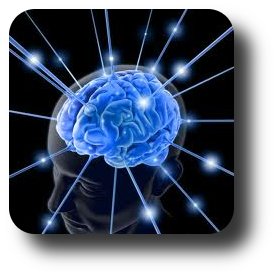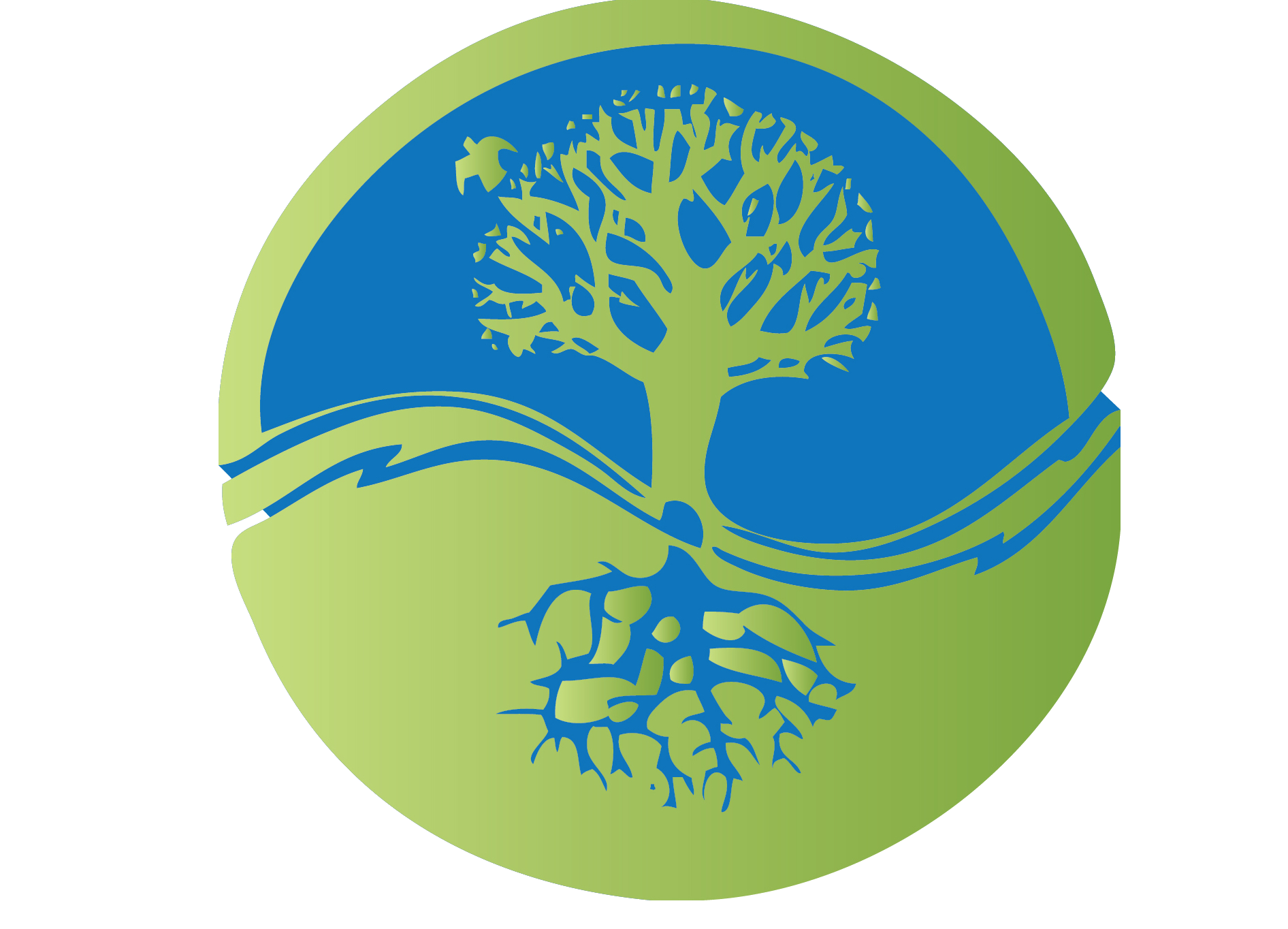Copyright by Marta Pyrchala-Zarzycka and Astro Salus Education Ltd. Please, do not copy!
PLACEBO EFFECT AND AUTOSUGGESTION. Healing through the mind
You are here: Home> Articles> Placebo effectThis article is an excerpt from my course "PsychoNeuroRegulation - how through the mind affect the health"
PLACEBO EFFECT AND AUTOSUGGESTION
 The word 'placebo' means 'I shall please'. It describes a substance that has no pharmacological value.
The word 'placebo' means 'I shall please'. It describes a substance that has no pharmacological value.
Placebo it is objectively neutral to the organism. However, it often causes a positive reaction in form of alleviation or complete healing of a disease.
The cause of such a reaction is said to lie in the influence of a particular emotional state on the human physiology.
Read more about PsychoNeuroImmunology - mind and science
Among the numerous studies on the interactions between the body and mind conducted in 1950's there were double blind trials. In such case, both the doctor and the patient are unaware of whether the administered substance has a pharmacological value or not. This eliminates the possibility of suggestion during substance administration.
After his analysis and interpretation of the experiments, Beecher (1959) concluded that many patients felt a significant relief of their suffering as a result of administering sugar pills,which are neutral to the body (they experienced the placebo effect).
The studies of post-operative pain have shown that in 33% of cases placebo can have an analgesic effect similar to morphine (Beecher, 1959). Moreover, it can cause side effects such as hair loss and addiction.
Read about the power of mind - experiments
The essence of the placebo effect is autosuggestion of the patient, and their belief in the effectiveness of the administered drug. The doctor's authority also plays an important role. Even the stress associated with hospitalization can influence the immune system, as the events which cause a strong emotional reaction affect the psyche and therefore the whole body.
Read more about emotions and health
Autosuggestion can be used to support the process of recovery. In his, "Anatomy of an illness as perceived by the patient : reflections on healing ", Norman Cousins describes his experience as a 10-year old child in a sanatorium for patients suffering from tuberculosis.
The children in the sanatorium divided into two groups. The first group believed that they will recover. The percentage of relatively quick recoveries made in this group was high.
Children in the second group didn't fully believe that their health will improve. The number of recoveries made in this group was significantly smaller. Hence, it could be inferred that it is worthwhile to maintain a positive attitude towards one's health.
Read about the power of mind - curious case
